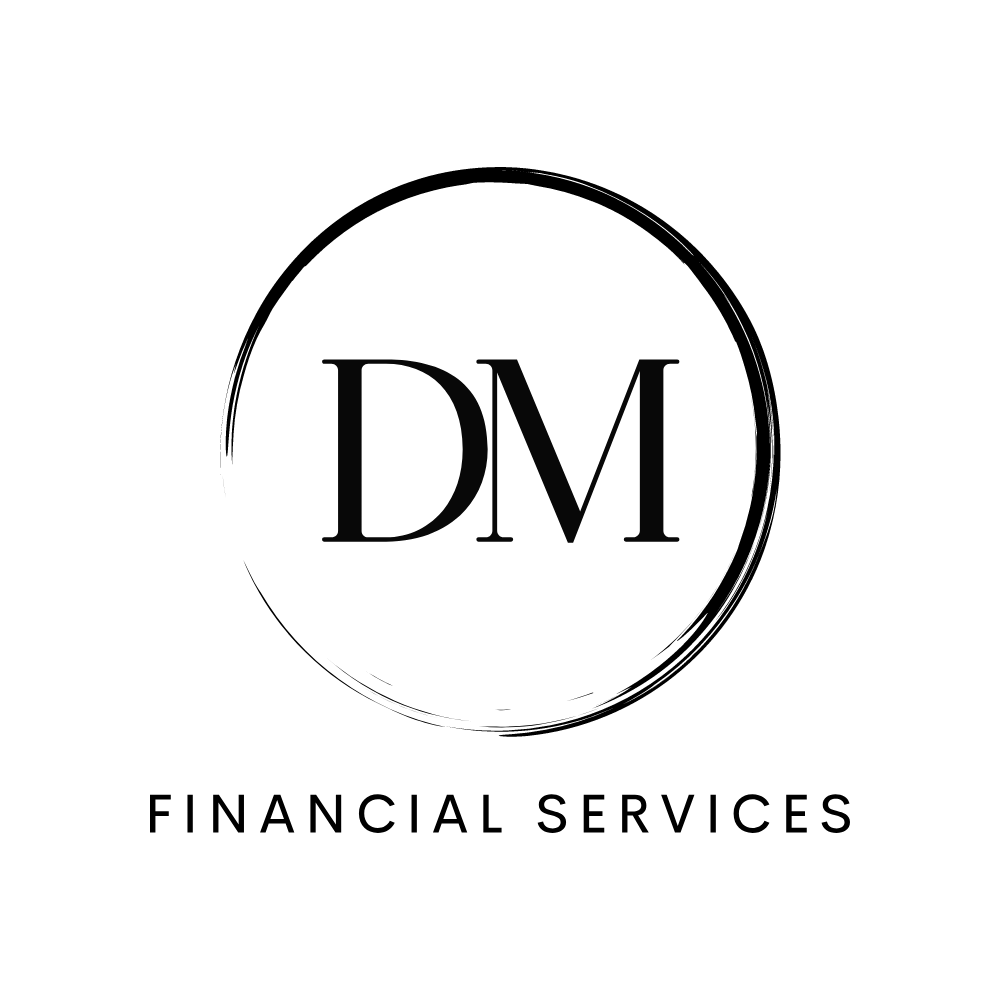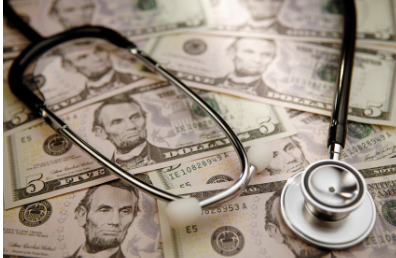Trainers help improve your physical health – financial professionals improve your financial health. Let’s do a financial health check to make sure you are not missing a growth opportunity.
How to check on your financial health
- Creating or reviewing your estate plan
- Taking a look at your budget
- Evaluating your insurance needs
- Correcting course on your retirement plan(s)
Why a financial health check is important.
Just like we check in with our health professionals, wellness coaches and mentors on a routine basis, it is a really good idea to regularly evaluate your financial health. We recommend conducting a financial health check at least annually and after any major life event such as the birth of a child or marriage. Here are some simple ways to check up on your financial health.
Review or create an estate plan
An estate plan helps ensure what you want is clear and your requests are honored if you’re alive but unable to make decisions on your own behalf, or you pass away. An estate plan dictates what will happen to your assets. A complete estate plan includes a living will and a revocable living trust. A checkup makes sure you still feel comfortable and confident about your choice of executors and trustees. Checking in also makes sure the heirs you have designated for your assets align with your current desires. If you do not yet have an estate plan, it’s crucial that you make one. Estate planning now can eliminate or significantly reduce the hassle, cost, and frustration your beneficiaries will experience dealing with future probate and asset allocation.
Look at or create a budget
Knowing what money is coming in and what money is going out is the foundation for the day-to-day activity of your money. A financial check allows for small tweaks to your income and spending habits to better meet your needs, dreams and goals.
A budget is simply a list that tracks all of the household income and lists all of your regular bills, like rent and utilities. The next step is to list all variable expenses like gas and groceries. You are left with your total money balance. The easiest way to track your income and spending is through bank and credit card statements. It’s never too late to start a budget.

Evaluate your insurance coverage
Life insurance is a critical yet often overlooked component of your financial health. Making sure you have enough coverage for any unexpected life events helps avoid big out-of-pocket expenses. These expenses often ruin an entire financial plan. Some insurance products can even help your money earn compound interest that can result in significant cash accumulation. Life insurance policies can also include additional benefits at no cost. Many policies offer living benefits that cover serious injury or illness that allow access to significant money from your death benefit to eliminate having to pull from your bank accounts. A checkup is a good time to make sure the coverage is appropriate for your current stage in life and that the provider is offering policies that meet your needs and desires. Most experts recommend insurance that covers 10x their annual income.
Taking action on your old retirement plans
When you change jobs, you often wonder what you should do with your old 401k or other retirement plan. You generally have four options. One of the best options is doing a 401k rollover. The other options include cashing it out – and paying the taxes and withdrawal penalty, leaving it where it is – and risk losing additional money, or transferring it into your new employer’s group retirement plan – if one exists.
For most people, rolling over their 401k or 403b is the best choice. This gives you more options and almost always brings lower and/or fewer fees. A rollover also gives you the opportunity to convert your old plan to a Roth. If you believe that you will be in a higher tax bracket or that tax rates will be generally higher when you need your money, switching to a Roth – and taking the tax hit now – might be in your best interest.
Final check
Conducting a financial health checkup is the best way to make sure you are on track with your financial dreams and goals. A checkup allows you to make small changes to prevent undesired and unexpected financial hardships in the future. Other items to include in your checkup could be paying for a child’s college or saving for a new car. Financial checkup help make managing your finances easier.



